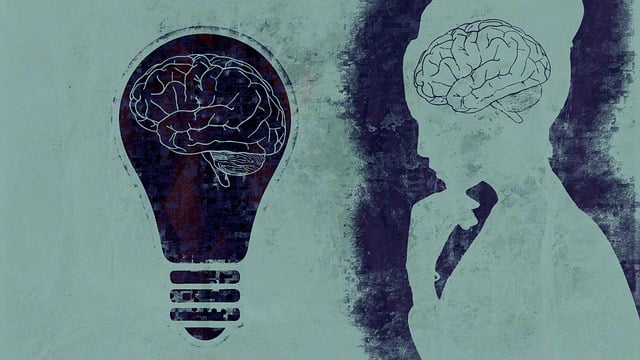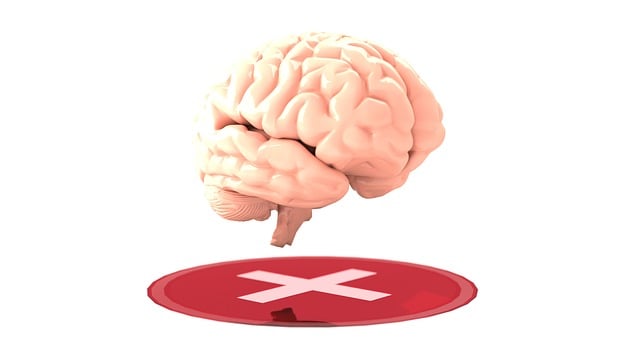Broomfield Therapy equips therapists and clinicians with holistic tools to support individuals and communities in managing stress, preventing burnout, and enhancing mental wellness. By addressing root causes, integrating mindfulness practices, and promoting self-care routines, this approach fosters resilience and effective coping strategies. Key techniques include journaling, regular exercise, and cultural sensitivity, empowering clients to overcome challenges and improve overall well-being while reducing stigma through public awareness campaigns.
Stress reduction is a vital aspect of holistic well-being, impacting our mental and physical health. This article explores various effective methods to combat stress, from understanding its causes and effects to presenting innovative therapies like Broomfield, a gentle yet powerful approach. We delve into practical strategies for daily management, emphasizing the crucial role of therapists and clinicians in fostering resilience. By combining these techniques, individuals can navigate life’s challenges with enhanced calmness and clarity.
- Understanding Stress: Causes and Effects
- Broomfield Therapy: A Gentle Approach to Stress Reduction
- Practical Strategies for Daily Stress Management
- The Role of Therapists-Clinicians in Facilitating Resilience
Understanding Stress: Causes and Effects

Stress is a universal human experience, but its impact can vary greatly. Understanding the causes and effects of stress is paramount in Broomfield Therapy for Therapists-Clinicians, as it enables practitioners to effectively support individuals and communities. On a personal level, stress can manifest from various sources such as work pressure, financial constraints, or challenging relationships. Prolonged exposure to these stressors can lead to both physical and mental health issues, commonly known as burnout. In the context of healthcare, where professionals often encounter high-stress situations daily, Burnout Prevention Strategies for Healthcare Providers become crucial.
The effects of stress can be far-reaching, impacting not just an individual’s emotional well-being but also their cognitive functions, physical health, and behavior. Unmanaged stress can result in increased anxiety, depression, insomnia, and even cardiovascular problems. Recognizing these signs is essential in implementing effective interventions, including Community Outreach Program Implementation to educate individuals on Stress Management Techniques. By addressing the root causes of stress and providing tools for Burnout Prevention, therapists and clinicians play a vital role in fostering resilience and enhancing overall well-being.
Broomfield Therapy: A Gentle Approach to Stress Reduction

Broomfield Therapy offers a unique and gentle approach to stress reduction, focusing on the interconnectedness of our physical, emotional, and mental states. This therapeutic method prioritizes self-care and resilience, empowering individuals to navigate life’s challenges with greater ease. By integrating mindfulness practices, clients learn to cultivate present-moment awareness, thereby reducing the impact of stressful thoughts and memories.
The therapy sessions create a safe and supportive space where individuals can explore underlying beliefs, unearth resources, and develop effective conflict resolution techniques. This holistic process goes beyond mere symptom management, aiming for lasting change. Moreover, Broomfield Therapy encourages the establishment of self-care routines, fostering better mental health and promoting a sense of balance in daily life—a crucial aspect for therapists and clinicians seeking to enhance their well-being.
Practical Strategies for Daily Stress Management

In the pursuit of daily stress management, practical strategies are essential tools for therapists and clinicians to guide their clients toward improved mental wellness. Broomfield Therapy emphasizes the importance of integrating self-care practices into daily routines. This can include activities like journaling, which offers a safe space for processing emotions and reflecting on experiences. Mental Wellness Journaling provides an avenue for individuals to identify stressors, cultivate gratitude, and gain clarity in their thoughts, thereby enhancing emotional resilience.
Additionally, regular exercise is another effective strategy that therapists can encourage. Physical activity not only promotes overall health but also serves as a powerful stress reliever. From brisk walking to yoga or any form of movement that appeals to the individual, Exercise Guidance tailored to personal preferences can significantly reduce anxiety and improve mood. Moreover, incorporating cultural sensitivity in mental healthcare practice ensures that stress reduction methods are accessible and respectful, catering to diverse client needs and backgrounds.
The Role of Therapists-Clinicians in Facilitating Resilience

Therapists and clinicians play a pivotal role in equipping individuals with the tools to navigate life’s challenges and foster resilience. Through Broomfield Therapy, professionals can guide clients towards understanding their emotional responses and developing effective coping strategies. This therapeutic approach encourages the exploration of mental wellness, enabling people to manage stress and anxiety. By incorporating Mind Over Matter principles, therapists help clients recognize the power of their thoughts and emotions, fostering a sense of control and resilience in the face of adversity.
These practitioners contribute to building public awareness campaigns that focus on mental health, breaking down stigmatization, and promoting healthy coping mechanisms. By facilitating resilience, they empower individuals to lead fulfilling lives, ensuring better stress management and improved overall well-being. This support is crucial for those seeking to enhance their ability to bounce back from life’s setbacks and challenges.
In conclusion, managing stress effectively is a holistic process that involves understanding its causes and effects, adopting gentle approaches like Broomfield Therapy, integrating practical strategies into daily life, and leveraging the expertise of therapists-clinicians. By combining these methods, individuals can foster resilience, enhance overall well-being, and navigate life’s challenges with greater ease.














